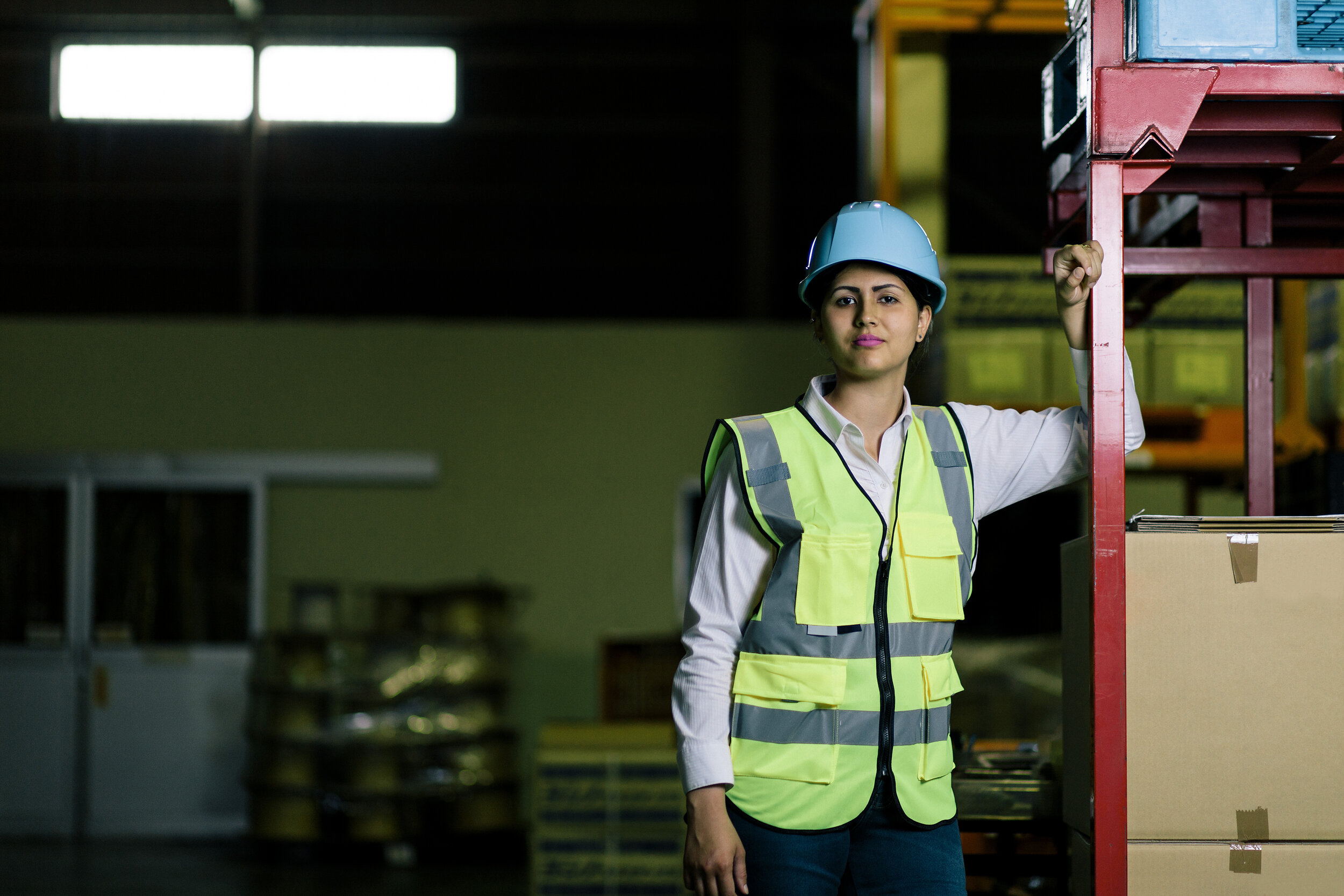Having a good understanding of the norms, values and customs in India is essential to successfully doing business in the country. We will walk you through the cultural differences you need to be aware of as you take your first steps into the Indian market.
1. Preparation: a good personal relationship with your business partner is essential in India
Personal relationships play a big role in Indian business culture, so it is important to really take the time to build those relationships. For Indians, having confidence in the person being done business with weighs heavily. You are therefore expected to make the effort to get to know your partners and continue to invest in the relationship.
Indians talk more about personal matters during business meetings than we are used to in Europe for this reason. They will also ask you more questions about your private life. Don't shy away from these kinds of questions; it comes across as rude and disrespectful. Try to show interest in the business partner's private life yourself by asking questions and accepting invitations to events such as a birthday party of a family member of your business partner. If you are on a business trip to India is going, keep space available in your schedule for possible dinners and other activities.
2. The first meeting: consider local customs
Before you travel to India, it is important to plan all your appointments at least a month in advance. If you want to set up a meeting with someone you have not met in person, it may help if a third person makes the initial contact. If you already know each other, take the trouble to make an appointment by phone instead of sending an email, as personal contact is also very important for Indians in these kinds of small interactions.
The best time for an appointment is either late morning or early afternoon. It is also advisable to confirm the meeting the week before and call again the day before you get in the car.
A handshake is also the standard way to greet each other in a business setting in India. However, you must keep two things in mind. First, in India business culture is still very hierarchical. If you meet several people at the same time during a meeting, always greet the oldest person present first. Second, if you are a man, it is important that you wait until the female attendees take the initiative to shake hands with you. It is not common in India for men to initiate the greeting with a woman.
Greeting someone with the traditional "Namaste," placing both hands together in front of your chest and making a slight bow, is appreciated and shows respect for Indian customs.
Due to the strong hierarchical structure in India, people are always formally addressed by their title and last name and will also always address you by sir, madam or your title.
3. Etiquettes around business cards in India
When meeting for the first time, business cards are usually exchanged in India after the initial handshake and greeting. A business card always includes your company's full name, occupation, title or specialty, phone numbers, e-mail, and address and website.
Since people in India are used to addressing each other by titles, it doesn't hurt to include your own titles on your business card. This exudes a certain seniority that Indians are sensitive to.
When indicating your business card, always present the card with the text facing the recipient so he or she can read the text. Always give and receive a business card with the right hand or with both hands by holding the card at the ends.
When you receive a business card, always read what is on it, even if you do not understand the text. This shows respect and interest in your business partner. They will conversely do the same. Then put the card in a notebook, side pocket of your bag or the pocket of your jacket.
4. The business meeting: silences during the meeting are a sign of respect
In India, it is considered polite to arrive a little late for meetings and gatherings, but by arriving on time, you can win high praise from your Indian business partners with your punctuality. No strict agenda or schedule is maintained during meetings, so meetings often start and end late.
If you are meeting several people at the same time and they have already joined the conference table, it is good to know that the most important people always sit in the middle, with their assistants on either side. So the least important people always sit at the ends of the table, farthest from the center.
Meetings usually begin with small talk about personal matters and general small talk. This is an important part of doing business and therefore should not be cut short too soon. It is therefore smart to put your Indian partners in charge in this area during your first meetings; they will indicate when the business part of the meeting can start.
Business meetings in India are always very formal and quiet affairs. It is rude to talk loudly or point at other people in the room. Body language is also highly valued; a closed or aggressive attitude, such as folded arms or hands on hips, should therefore be avoided.
In addition, silence is a very normal and even important way in India to show respect for those present. Pausing before answering shows that you have listened carefully to your interlocutor and thought about your answer.
In some companies, interruptions in meetings are not uncommon and people may pick up their phones in the middle of the meeting. If that happens, to remain calm and not show irritation.
5. Negotiation is a long-term affair in India
Because in India trust plays a major role in doing business, you should not expect to be able to close a deal during your first meeting. In India, both the buyer and the seller play an important role in the negotiations and both have to ensure that they come to an appropriate agreement. Therefore, in India, negotiations take place in multiple rounds and closing a deal is seen as a long-term affair.
Therefore, if Indians say "yes" to your proposal fairly early in the negotiations, it does not mean that you have a deal. It purely means that they are listening to you and are interested. In India, everything is negotiable, so be prepared for aggressive proposals and considerable pressure from your business partner. Don't be alarmed by this and take your time to find a compromise point by point. The tough position Indians often take at the beginning of negotiations does not mean they are not reasonable.





